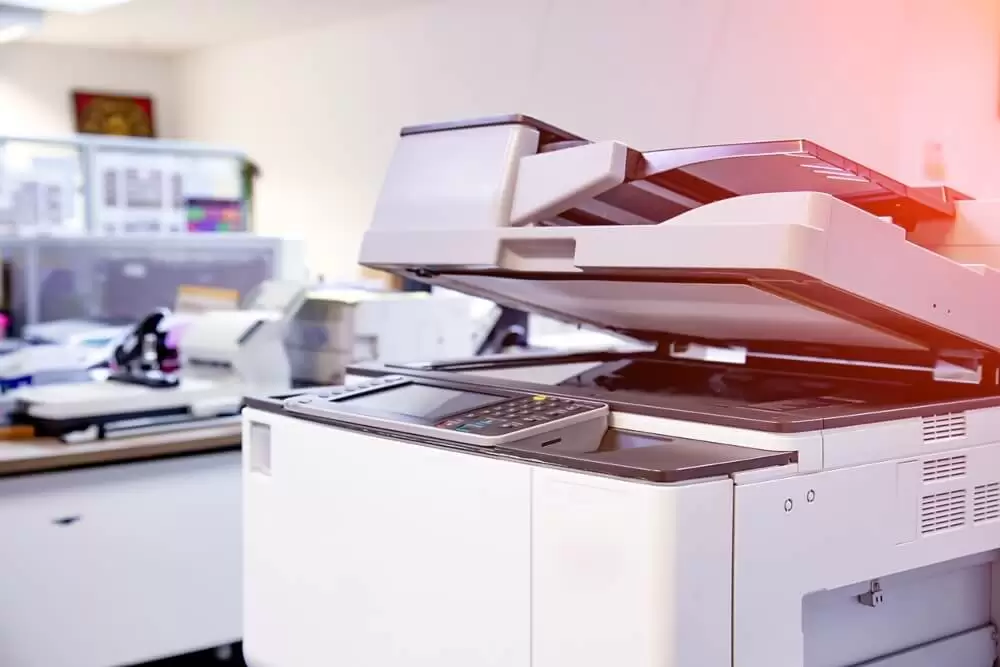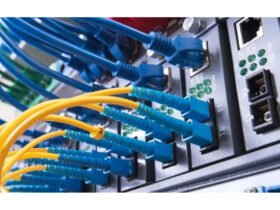The decision to lease a copier can significantly influence how a business operates, manages resources, and adapts to evolving demands. While some may view copier leasing as a short-term fix, it’s a strategic choice for many companies seeking flexibility, cost control, and access to modern technology. This article explores the advantages of leasing a copier, providing insights that position it as a transformative solution for businesses of all sizes.
1. Understanding Copier Leasing: More Than a Rental Agreement
Leasing a copier is not just about renting a machine; it’s about gaining access to advanced technology while spreading out costs over manageable monthly payments. Leasing agreements often include maintenance, repairs, and upgrade options, offering a turnkey solution to office printing needs. Businesses benefit from predictable expenses and reduced risk, which are critical in today’s fast-paced corporate environments.
2. Financial Benefits: Stretching Budgets Without Sacrificing Quality
Lower Upfront Costs
One of the most immediate advantages of leasing is the reduced financial burden at the outset. Unlike purchasing, which requires a significant upfront investment, leasing allows businesses to conserve capital for other essential operations, such as marketing or payroll.
Predictable Monthly Payments
Fixed monthly leasing fees enable businesses to plan budgets with precision. This financial predictability is especially beneficial for small and medium-sized enterprises (SMEs) that need to maintain tight control over operating expenses.
Tax Advantages
Leased equipment often qualifies as a business operating expense, making lease payments tax-deductible. This can provide significant financial relief over the term of the lease, adding an additional layer of cost efficiency.
3. Access to Cutting-Edge Technology
Staying Ahead With Upgrades
Technology evolves rapidly, and outdated equipment can hinder productivity. Leasing a copier ensures businesses can access the latest models with advanced features, such as high-speed printing, enhanced scanning capabilities, and wireless connectivity.
Scalability
Leasing agreements often include options to upgrade or add new machines as business needs change. This scalability ensures companies can adapt quickly to growth or shifting operational demands without being constrained by outdated hardware.
4. Maintenance and Support: Eliminating Downtime
Comprehensive Service Plans
Most leasing agreements include maintenance and support services, covering routine checkups, troubleshooting, and repairs. This eliminates the stress of unexpected repair costs and minimizes downtime, ensuring smooth operations.
Streamlined Operations
Leasing providers often handle everything from installation to ongoing support, allowing businesses to focus on their core activities instead of equipment management. This professional support ensures optimal performance and extends the life of the copier.
5. Environmental and Sustainability Considerations
Eco-Friendly Solutions
Leasing companies frequently recycle or refurbish old machines, promoting sustainability. Businesses leasing copiers can contribute to eco-conscious practices without navigating the complexities of disposal themselves.
Energy-Efficient Technology
Newer copiers often come with energy-saving features, reducing electricity consumption and lowering utility bills. Leasing ensures access to such technology, enabling businesses to align with environmental goals while cutting costs.
6. Overcoming Common Misconceptions About Copier Leasing

It’s More Expensive in the Long Run
While leasing may cost more over a longer term than outright purchasing, the benefits of included services, upgrades, and tax deductions often outweigh the difference. Additionally, the ability to avoid large upfront costs can be invaluable for cash flow management.
Lack of Ownership is a Disadvantage
Ownership is not always beneficial, especially for rapidly depreciating technology like copiers. Leasing shifts the burden of obsolescence and maintenance to the provider, allowing businesses to focus on using the equipment rather than managing it.
7. Who Benefits Most From Leasing a Copier?
Startups and Small Businesses
New businesses with limited budgets can use leasing to access high-quality equipment without draining resources. Leasing also provides the flexibility to scale up as operations grow.
Organizations With High Print Volumes
For businesses that rely heavily on printing, such as law firms or marketing agencies, leasing ensures access to reliable machines and reduces the risk of costly breakdowns.
Environmentally Conscious Companies
Businesses prioritizing sustainability can benefit from the recycling and energy-efficient features associated with leased equipment.
8. Choosing the Right Leasing Partner
Reputation and Reliability
Partner with a leasing company that has a strong reputation for customer service and reliability. Look for providers offering transparent agreements and responsive support.
Customized Agreements
Select a leasing provider willing to tailor contracts to your specific needs, including volume requirements, desired features, and budget constraints. Avoid one-size-fits-all solutions that may not align with your business goals.
Read the Fine Print
Carefully review lease terms to ensure there are no hidden fees or restrictive clauses. Pay attention to early termination penalties, maintenance coverage, and upgrade options.
Final Thoughts: Why Leasing is a Strategic Choice
Leasing a copier is not merely a financial decision; it’s a strategic move that aligns technology, budget management, and operational efficiency. By choosing to lease, businesses gain access to modern equipment, minimize risks, and position themselves for growth without being weighed down by large capital expenditures or outdated technology. Whether you’re a small business seeking cost-effective solutions or a larger organization requiring scalable options, leasing a copier offers flexibility and peace of mind that purchasing simply cannot match.











